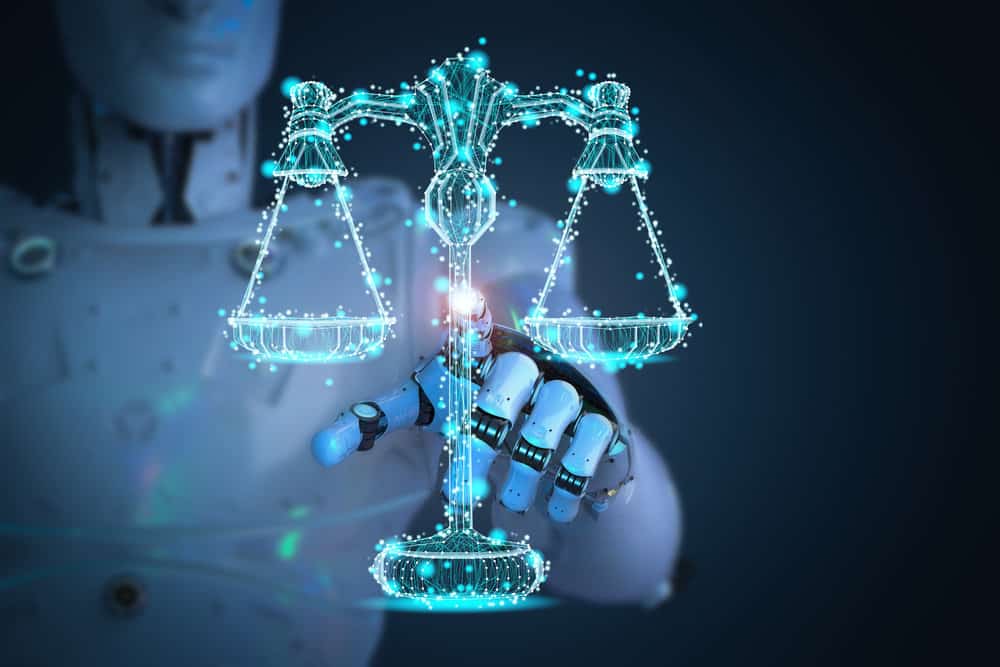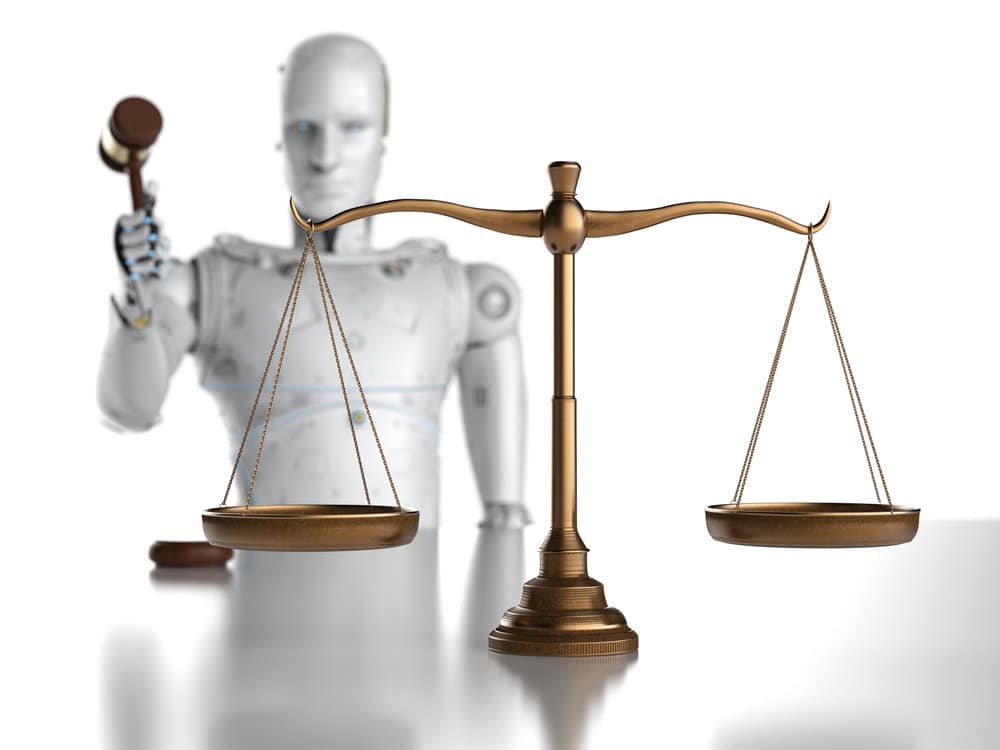The legal profession is known for its rigorous attention to detail and precision in language use. Lawyers and law firms regularly deal with documents in multiple languages, including contracts, agreements, statutes, and legal briefs. As globalization continues to connect businesses and individuals across borders, the demand for accurate and efficient legal translation has exponentially increased.
Artificial intelligence has emerged as a powerful ally in response to this growing need for precise multilingual communication in the legal field. This technology, driven by natural language processing and machine translation advancements, reshapes how legal documents are translated and understood across linguistic boundaries. Let’s delve into the transformative impact of AI and explore how it stands to redefine the practices of lawyers and law firms worldwide.
The Rise of AI in Legal Translation
Artificial intelligence has made remarkable progress in language processing and translation. With the advent of neural machine translation (NMT) models, AI has become an indispensable tool for legal professionals. These advanced AI systems can translate complex legal texts with unprecedented precision, challenging the conventional reliance on human translators.
To discuss this matter, we interviewed Rachelle Garcia, the head of AI for Tomedes. This translation company specializes in legal translation services by combining the expertise of legal translators with advanced AI for business and Fortune 500 companies. Rachelle explained that AI has made translating legal content much quicker since it can be tailored to the client’s needs. However, she also stated that having language professionals was vital to ensuring that the translated legal documents were accurate and compliant.
“AI and machine translation are just tools. Ultimately, you would still have professional legal translators to post-edit and check the output, as many courts don’t accept machine-translated legal documents. It’s not enough to translate the content word for word. You would need the legal nuance and cultural understanding of the target language to translate legal documents. At the moment, AI doesn’t have this ability,” Rachelle explained.
Benefits for Lawyers and Firms
AI brings numerous advantages to the table, revolutionizing the way legal professionals approach translation tasks. From heightened accuracy to substantial cost savings, the benefits of leveraging AI-powered translation tools are reshaping the landscape of legal practice.
Enhanced Efficiency and Cost Savings
One of the primary advantages of AI when translating legal documents is the remarkable increase in efficiency. AI-driven translation tools can process vast volumes of text in a fraction of the time it would take a human translator. It translates into significant cost savings for law firms and clients alike. Routine legal documents, such as contracts and agreements, can be translated rapidly, freeing lawyers to concentrate on more intricate legal matters.
Improved Accuracy
While AI is not infallible, it has demonstrated impressive accuracy in legal translation. Errors resulting from human fatigue or oversight can be significantly minimized. This heightened precision can assist lawyers in avoiding costly mistakes stemming from misinterpretations or mistranslations, potentially safeguarding the integrity of their legal practice.
Multilingual Capabilities
AI translation tools are not limited to a single language pair. They can proficiently handle multiple languages, allowing lawyers and firms to operate across international borders and access a broader client base. This expanded reach opens up new opportunities for international collaboration and business development, which can be especially advantageous for law firms seeking to expand their global presence.
Consistency in Terminology
Legal documents often necessitate precise and consistent terminology use. AI ensures that the same terminology is consistently applied throughout lengthy documents, reducing ambiguity and potential legal disputes. This consistency can be especially vital in international contracts, where unambiguous language is paramount.
Potential Disadvantages for Lawyers and Firms
While AI offers numerous advantages, it is not without its challenges. Lawyers and firms should be aware of the following potential disadvantages:
Loss of Human Nuance
AI may need more nuance and context comprehension despite its precision than human translators. Legal documents frequently contain culturally specific nuances, idiomatic expressions, and subtle legal distinctions that AI may struggle to interpret accurately. Human translators may still be essential in matters requiring a deep understanding of local laws, customs, or cultures.
Confidentiality Concerns
Legal documents often contain sensitive and confidential information. Relying on AI for translation may raise concerns about data security and privacy. When utilizing external AI translation services, lawyers and firms should carefully consider the security measures to protect their client’s confidential information.
Legal and Ethical Challenges
Integrating AI may introduce new legal and ethical dilemmas. For instance, who bears responsibility if an AI system mistranslates a critical clause in a contract? Lawyers may need to navigate uncharted waters in terms of legal liability. Establishing clear protocols for AI-assisted translation ensures that AI is used responsibly and ethically.
Quality Assurance
While AI can significantly enhance efficiency, it cannot replace human oversight entirely. Lawyers and firms need to implement robust quality assurance processes, combining AI and human review, to ensure the accuracy and reliability of translations.
Finding a Balance
In the dynamic landscape of legal translation, striking the right equilibrium between artificial intelligence and human expertise is paramount. While AI offers unparalleled efficiency, human nuance remains invaluable, as follows.
- Quality Control: Implement a rigorous process combining AI-powered translation with human review. Human translators can provide valuable context and nuance checks, ensuring the highest level of accuracy.
- Data Security: When using AI translation tools, opt for secure, in-house solutions or trusted third-party providers with robust data security measures in place. Protecting sensitive client information should remain a top priority.
- Continuous Learning: Stay updated on AI advancements and be prepared to adapt to changes in the field. Regularly evaluate the effectiveness of AI tools and adjust your approach as needed.
- Ethical Guidelines: Establish clear guidelines for using AI in legal translation within your firm. Consider potential legal implications and ensure that AI usage aligns with your professional and ethical standards.
Conclusion
The impact of artificial intelligence on legal translation is undeniable. AI-powered translation tools offer lawyers and firms unprecedented efficiency, cost savings, and accuracy. However, they also bring challenges related to nuance, confidentiality, and ethical considerations. The key lies in finding the right balance between AI and human expertise.
By implementing quality control measures, prioritizing data security, staying informed, and adhering to ethical guidelines, lawyers and firms can leverage AI to enhance their legal practice, compete globally, and provide clients with the highest service. The legal landscape is evolving, and adapting to AI-powered legal translation is crucial to staying at the forefront of the profession.




